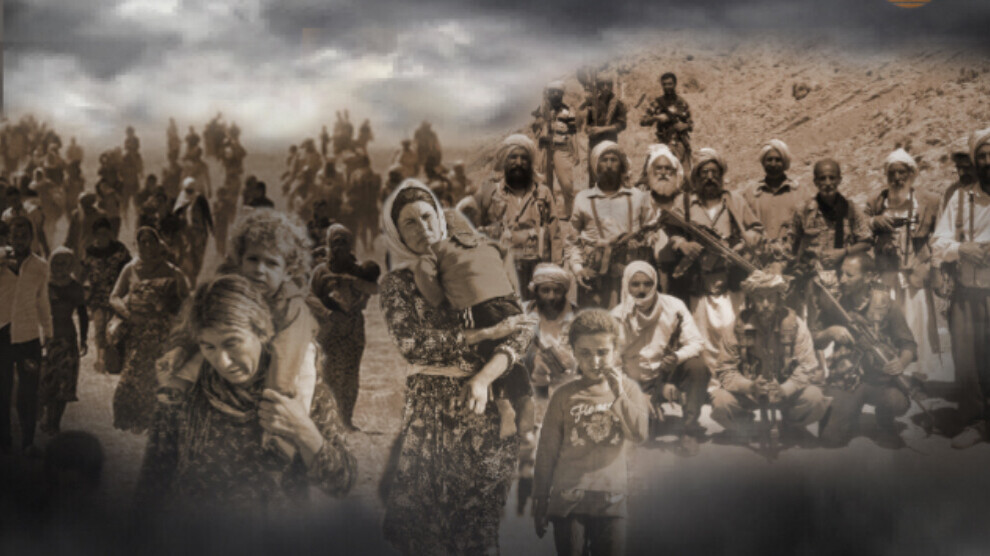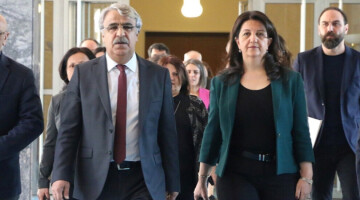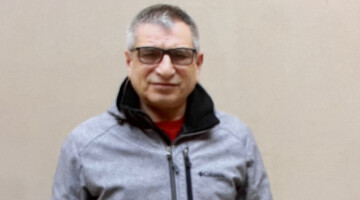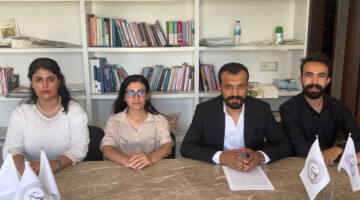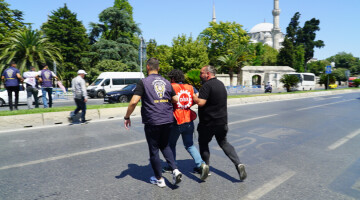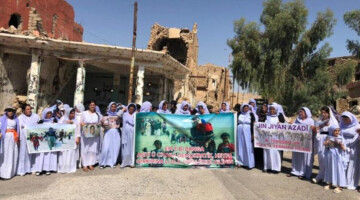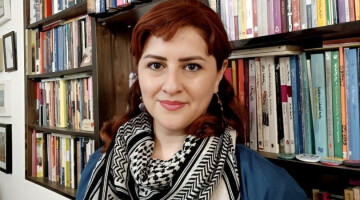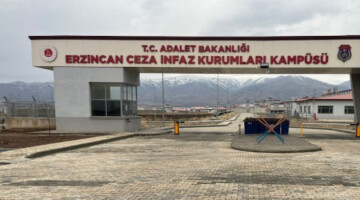Karim Khan, head of a U.N. team investigating atrocities in Iraq, announced on Monday it has found “clear and compelling evidence” that the so-called Islamic State committed genocide against the Yazidi minority in 2014.
In September 2017 the U.N. established an investigative team to help Iraq find evidence and promote accountability for war crimes, crimes against humanity and genocide committed by the “Islamic State” (IS) militants in Iraq and Syria.
According to AP, Khan revealed that significant developments in collecting forensic evidence from mass grave sites, digital data extracted from hard drives that belonged to the IS group, digitization of case files, and use of advanced technological tools to process and search databases has allowed the team to establish clear timelines of activities of key IS members.
Khan deemed it "a landmark moment" that the team, known as UNITAD, had established convincing evidence that Islamic State extremists committed genocide "against the Yazidis as a religious group" with the intent "to destroy the Yazidis physically and biologically."
"To convert or die" policy of IS applied to all Yazidis led to thousands killed, "either executed en masse, shot as they fled, or dying from exposure on Mount Sinjar as they tried to escape," Khan remarked.
"Thousands more were enslaved, with women and children abducted from their families and subjected to the most brutal abuses, including serial rape and other forms of unendurable sexual violence" that for many lasted years, "often leading to death."
Khan emphasized that crimes against the Yazidis continue, with thousands of women and children separated from their families or missing.
Information from electronic devices that belonged to IS extremists also led UNITAD to open a new investigation "into the development and successful deployment of chemical and biological weapons by IS in Iraq."
Evidence collected by UNITAD details how the militant group used laboratories at Mosul University “as the epicentre of its chemical weapons program, drawing on the expertise of scientists and medical professionals from Iraq and abroad,” Khan said.
Khan said the next step is to use the information and evidence collected by UNITAD “to meet the expectations of survivors” and put it before national courts to prosecute those responsible for these “horrific crimes.”
He expressed hope that Iraqi legislators will adopt a legal basis to prosecute IS members for war crimes, crimes against humanity and genocide. He welcomed legislation presented to Parliament in the Kurdistan region last week to establish a court with jurisdiction over international crimes committed by IS.
In the meantime, Nobel Peace Prize laureate Nadia Murad, a Yazidi woman forced into sexual slavery by IS members who killed her mother and six brothers, has urged the UN Security Council to establish a court to prosecute those responsible for the atrocities.
Nadia Murad underlined that legal accountability for ISIS crimes would dramatically impact every action of her community’s recovery.
“It is time for the international community to do, more than listen. It is time to act. If world leaders have the political will to act on this evidence, then justice is truly within reach," she added.

